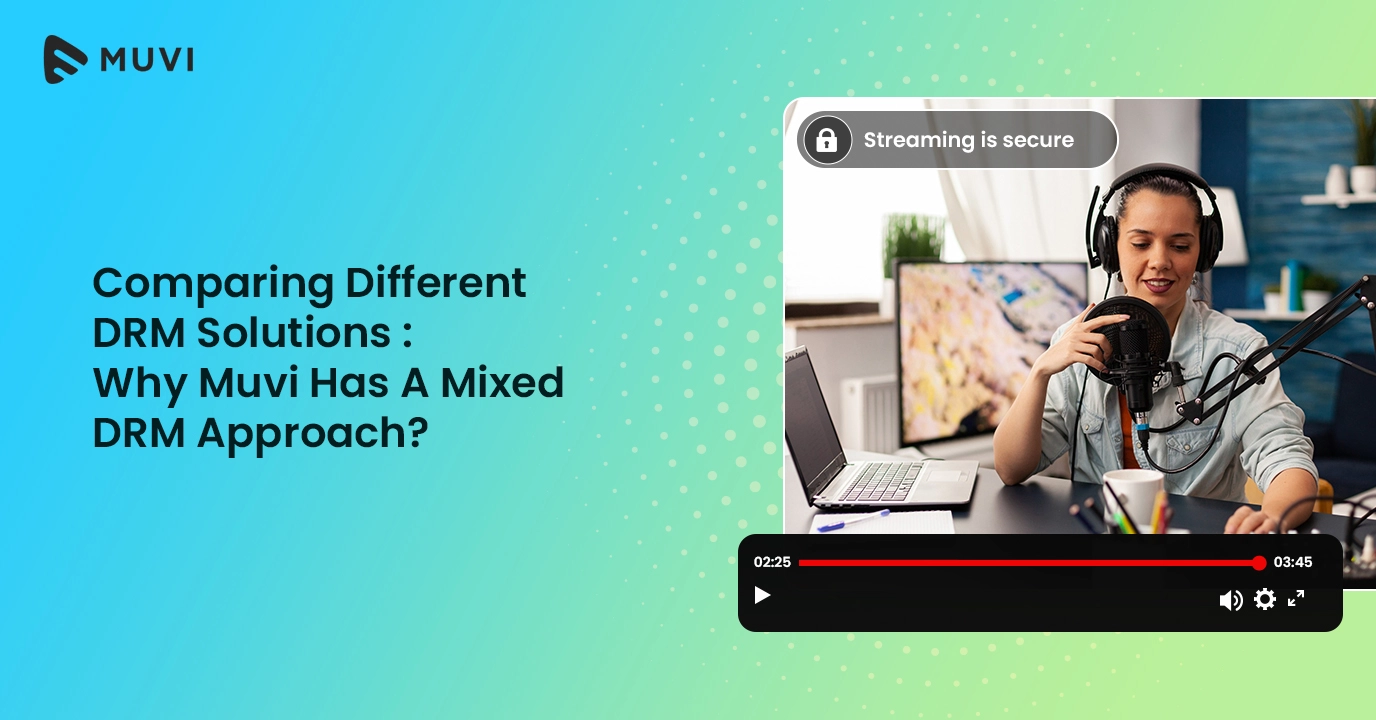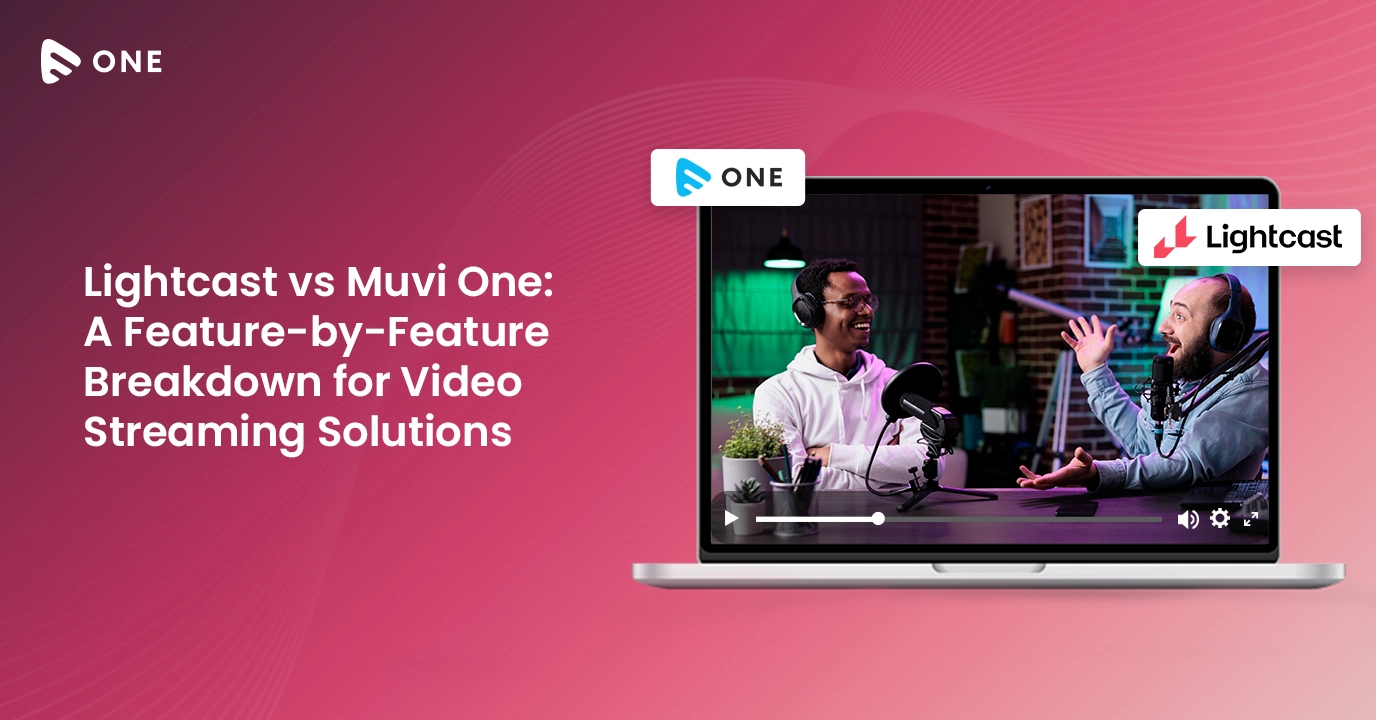Written by: Roshan Dwivedi
The major television networks were hit with a legal earthquake on Thursday when a federal judge issued a shocking ruling by declaring that the video on demand streaming company FilmOn was potentially entitled to a compulsory license of broadcasters’ copyrighted programming. If the judge’s opinion survives scrutiny on appeal, it could mean that CBS, Fox, NBC and ABC have to license their programming to a digital outlet at below-market rates.
The ruling is surprising because the 2nd U.S. Circuit Court of Appeals rejected a bid by a prior TV streamer, Ivi, to take advantage of the compulsory licensing system. Aereo also attempted unsuccessfully at a late stage to use Section 111 as its own salvation. But past courts have rejected this approach out of fear that the streamers would not be able to control where content is routed and the result would “destabilize the entire industry.”
In a tentative decision, Judge Wu acknowledged the prior “analogous case” of Ivi, but said he “disagrees” with its conclusions. At a hearing this morning, he adopted the tentative as final and ruled in favor of FilmOn. But acknowledging the legal issues are close and of “significant commercial importance,” he’s also authorized an immediate appeal to the 9th Circuit Court of Appeals and preserved the status quo by maintaining an injunction upon FilmOn, which is owned by billionaire Alki David.
Nevertheless, an opinion that would give over-the-top distributors the same rights as a cable company provided they met certain formal requirements (like semi-annual statements and royalty payments) is a seismic one that has the potential of disrupting the broadcast business as well as provide competition to the broadcasters’ own OTT platforms. The decision also comes as the Federal Communications Commission has been taking comments on a new definition of MVPD (“multichannel video programming distributor”) so that it is technology-neutral and covers online video providers as well as cable and satellite operators. Broadcasters have urged the FCC to be careful lest the media regulatory agency upset negotiations for compensation for the distribution of programming.
Read the entire story here.















Add your comment